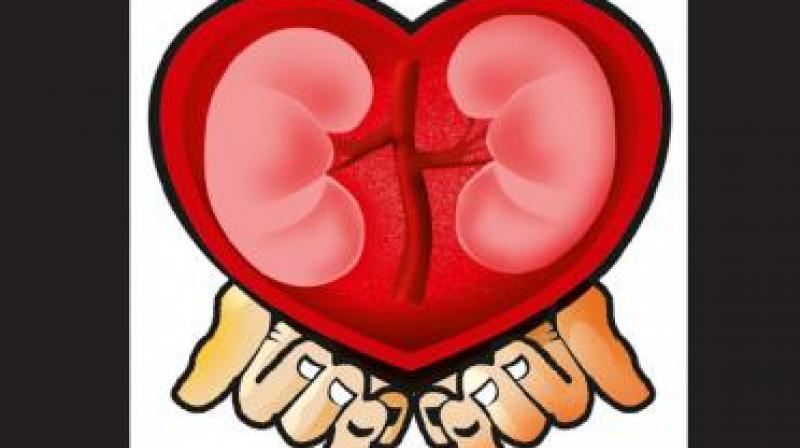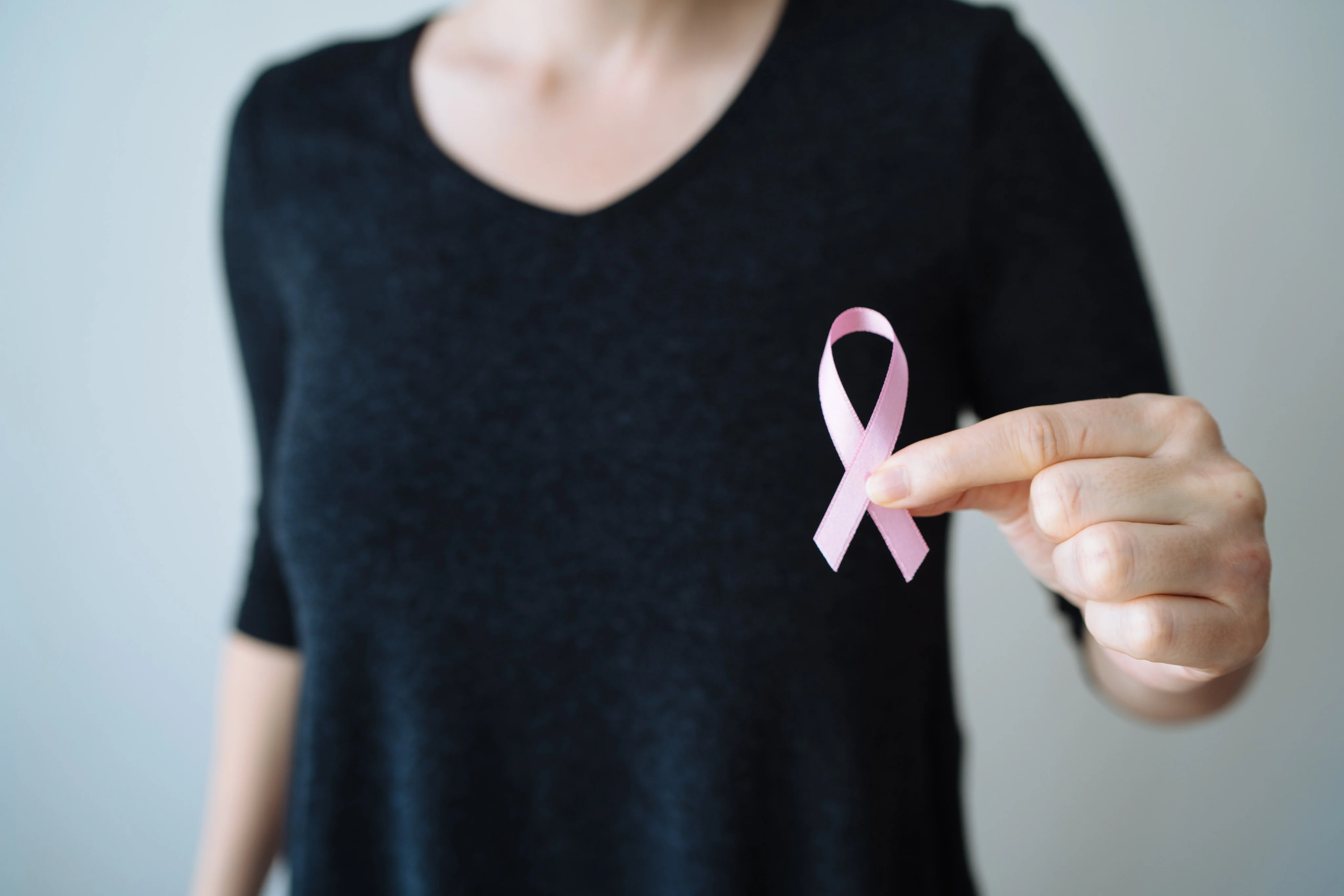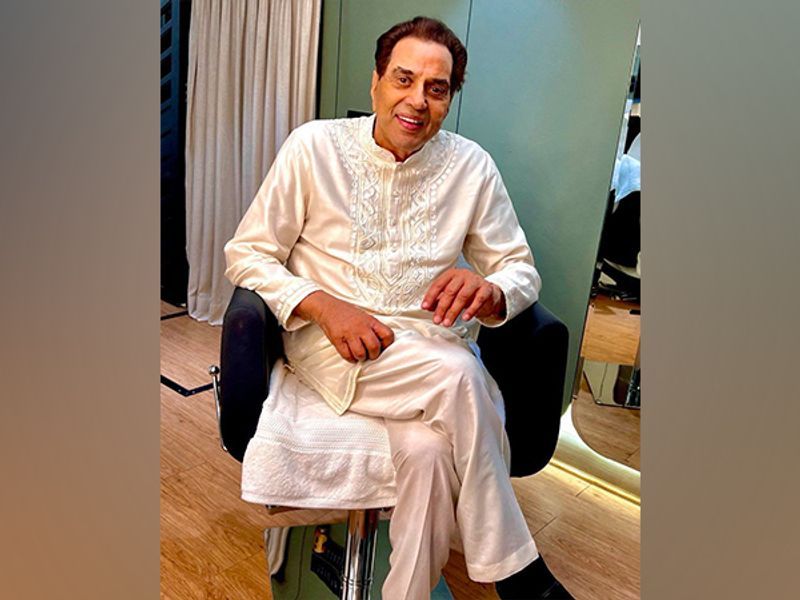Copyright deccanchronicle

NEW DELHI: In an effort to promote organ donation, the Centre has advised states to train first responders, designate special teams in hospitals, upgrade trauma centres, and register them as organ retrieval facilities.With less than one deceased donor per million people in the country, the Centre has also urged states to organise training programmes at both state and district levels for first responders, such as police personnel, ambulance drivers, and paramedical staff, to facilitate organ and tissue donation from road accident victims. In a letter, Dr Anil Kumar, director of the National Organ and Tissue Transplant Organisation (NOTTO) under the Union health ministry, stated that India faces a severe shortage of organs for transplantation, with thousands of patients on waiting lists. He noted that many deaths occur in road accidents, often involving young and otherwise healthy individuals. According to the Road Accidents in India 2023 report by the Ministry of Road Transport and Highways, nearly 1.7 lakh people were killed in road accidents in 2023, many of whom could have been potential organ donors. “Many of these potential donors are lost due to a lack of timely identification and referral,” the letter said. While every effort must be made to save accident victims, organ donation may be considered in identified brain-stem death cases as per the Transplantation of Human Organs and Tissues Act, 1994, and its rules. “The first responders in emergencies, police personnel, ambulance drivers, emergency medical technicians (EMTs), and paramedical staff, play a crucial role in identifying potential donors and ensuring timely referral and organ harvesting,” Dr Kumar wrote. He pointed out the need for an effective communication system between first responders and transplant coordinators at nearby trauma centres, hospitals, or medical colleges. The letter proposed that Regional and State Organ and Tissue Transplant Organisations (ROTTOs and SOTTOs), in coordination with state authorities, conduct training programmes for first responders. These should cover basic knowledge about organ donation, identification and maintenance of potential donors, counselling, obtaining family consent, and timely referral to designated trauma or organ retrieval centres. Such measures, it said, could significantly improve the country’s deceased organ donation rate. As part of the suggested action plan, states and Union Territories have been asked to organise training for police, ambulance staff, and EMTs under both government and private ambulance services, using a cascading “training of trainers” model. The Centre also recommended incorporating modules on organ donation, brain-stem death identification, and trauma referral procedures into standard training curricula. Directions should be issued to all State Ambulance Services, including 108, 102, and private operators, to ensure participation in these sessions. States have also been urged to upgrade and strengthen trauma centres with the necessary infrastructure and manpower for organ retrieval. In a separate letter, NOTTO also sought support to promote tissue and bone donation alongside organ donation. It called for the establishment of robust systems for counselling, retrieval, and linkage with tissue banks. The letter highlighted the large gap between the demand and availability of human organs and tissues. For example, India needs about one lakh corneas annually, but only one-third of this demand is met. Bone donation, it noted, is vital in treating trauma cases, congenital deformities, and bone disorders. Tissues such as corneas, skin, bones, and heart valves can be donated by brain-stem-dead or cardiovascular-death cases within hospitals. Tissue retrieval can occur up to six to ten hours after death. Hospitals have been advised to form dedicated organ and tissue donation teams, including brain-stem death committee members and transplant coordinators, and to ensure mandatory notification of all deaths within the hospital. The letter added that even if families decline organ donation, the option of tissue donation should still be offered. Hospitals must also establish arrangements for tissue retrieval, processing, and storage through partnerships with registered tissue banks. “By promoting organ, tissue, and bone donation, we can greatly improve and even save many lives,” Dr Kumar said.



